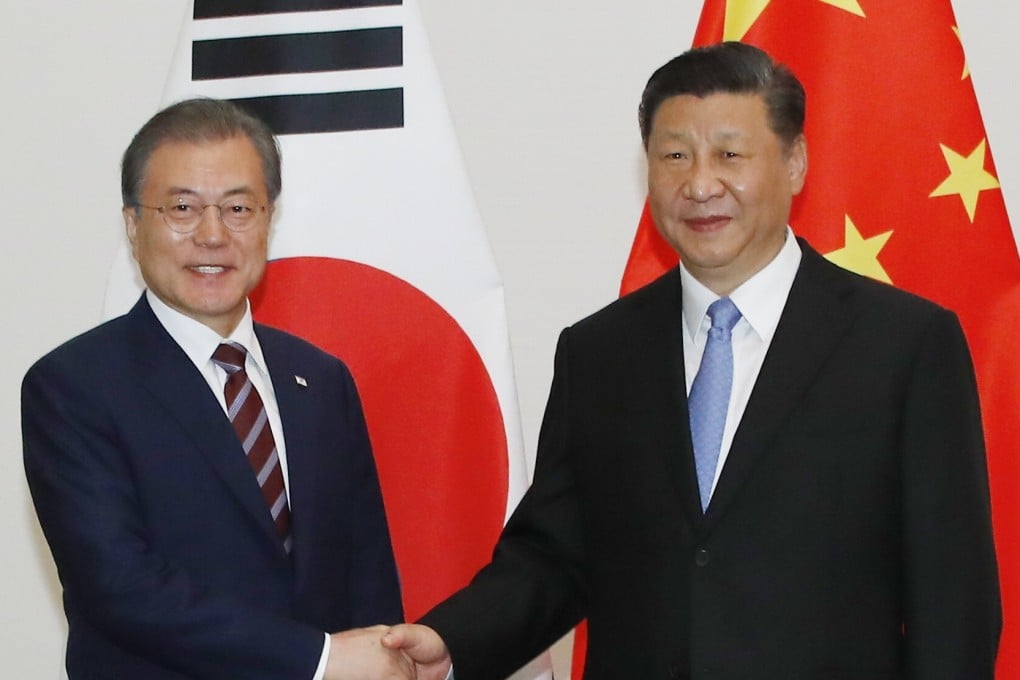Advertisement
Opinion | How South Korea’s 2022 presidential election could reshape its US-China balancing act
- The People Power Party, which is the main opposition, has been propelled by support from younger voters, who overwhelmingly prefer the US to China
- On the other hand, should Lee Jae-myung from the Democratic Party succeed Moon Jae-in as president, he seems poised to seek closer ties with Beijing
Reading Time:4 minutes
Why you can trust SCMP
1

South Korea has reaped rewards from its policy of strategic ambiguity towards the US-China rivalry, avoiding antagonising Beijing, its largest trading partner, while remaining Washington’s military ally. However, developments in domestic politics before next year’s presidential election could spell the end of this approach.
Advertisement
On one hand, there is Lee Jun-seok, the Harvard-educated leader of the main opposition People Power Party (PPP), who clearly favours the US over China. Lee, 36, is too young to run for the top job, as the constitution prevents anyone under 40 becoming president, but former prosecutor general Yoon Suk-yeol, who broadly shares Lee’s views, is expected to join the PPP as its presidential candidate.
On the other hand, if Lee Jae-myung from the ruling Democratic Party becomes president, that could also shake the US-South Korea alliance. Lee, the Gyeonggi province governor, believes Seoul should strengthen relations with Beijing and elevate them to the level of a strategic partnership.
With such clearly divergent visions of foreign policy competing for votes, next year’s election will inevitably have major implications for South Korea’s US-China balancing act, as well as its line on Japan and North Korea.
Before Moon Jae-in became president, former leaders Park Geun-hye and Lee Myung-bak prioritised relations with the US, although they also maintained ties with China with a view to ensuring North Korea’s stability, as Beijing remains Pyongyang’s only key ally and provides an economic lifeline.
Advertisement
Heightened US-China tensions have it more difficult to maintain this position of neutrality, particularly as a younger generation of voters and leaders lean towards Washington.

Advertisement
